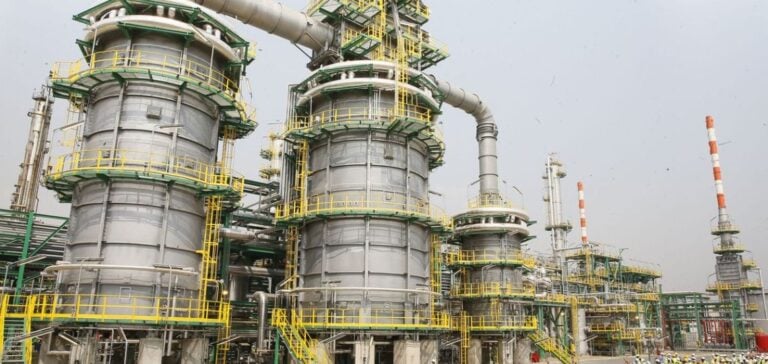Facing a sustained decline in oil production over recent years, Angola is intensifying efforts to maximize the exploitation of its hydrocarbon resources. In November, the government enacted legislation aimed at increasing the viability of mature oil fields, which came into force on December 6.
These fields, representing about 70% of the country’s monetized reserves, are a major focus for the national economy, heavily reliant on oil-generated revenues. The new law introduces fiscal incentives, such as reductions in production taxes and oil income taxes, to attract investors. These measures aim to extend the life of oil fields and stabilize national production, currently around 1.1 million barrels per day, compared to 1.8 million barrels in 2010.
Reduction in Taxes and Strategic Objectives
The Angolan government hopes this reform will encourage oil companies to maintain operations on aging fields despite rising operating costs. Additionally, a licensing cycle for oil and gas exploration is scheduled for the first quarter of next year, aiming to discover new viable reserves.
This initiative is part of a broader policy to maintain stable production, essential for the country’s economic and social stability. Since its withdrawal from the Organization of the Petroleum Exporting Countries (OPEC) nearly a year ago, Angola has ramped up actions to preserve its position in the global hydrocarbons market.
A Concerning Decline
The decline in Angola’s oil production over the past years is attributed to the gradual depletion of historical fields and a lack of investment in new infrastructure. In 2018, the country was still producing 1.3 million barrels per day. This drop has significantly impacted public finances, as oil represents the bulk of Angola’s export revenues.
In response, authorities are adopting a proactive approach, diversifying strategies to revive the oil sector. In addition to fiscal reforms, efforts are underway to improve transparency in the hydrocarbons sector, a key factor for attracting international investors.
Towards a Gradual Recovery
While the measures recently adopted by the Angolan government appear promising, their long-term impact remains uncertain. Oil operators, facing increasing volatility in oil prices and stricter environmental requirements, will need to carefully assess their investments in a market marked by complex geopolitical challenges.
By addressing the challenges of its aging fields, Angola seeks to maintain its place among Africa’s major oil producers. However, this ambition largely depends on the country’s ability to attract investors and diversify partnerships in a rapidly evolving global energy context.






















